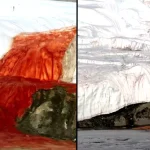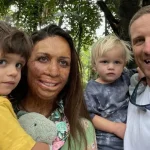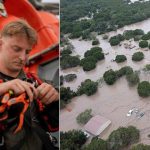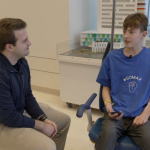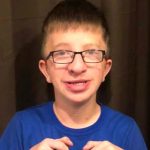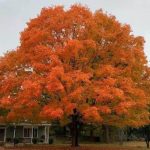The Moment That Changed Science — and How We See Ourselves
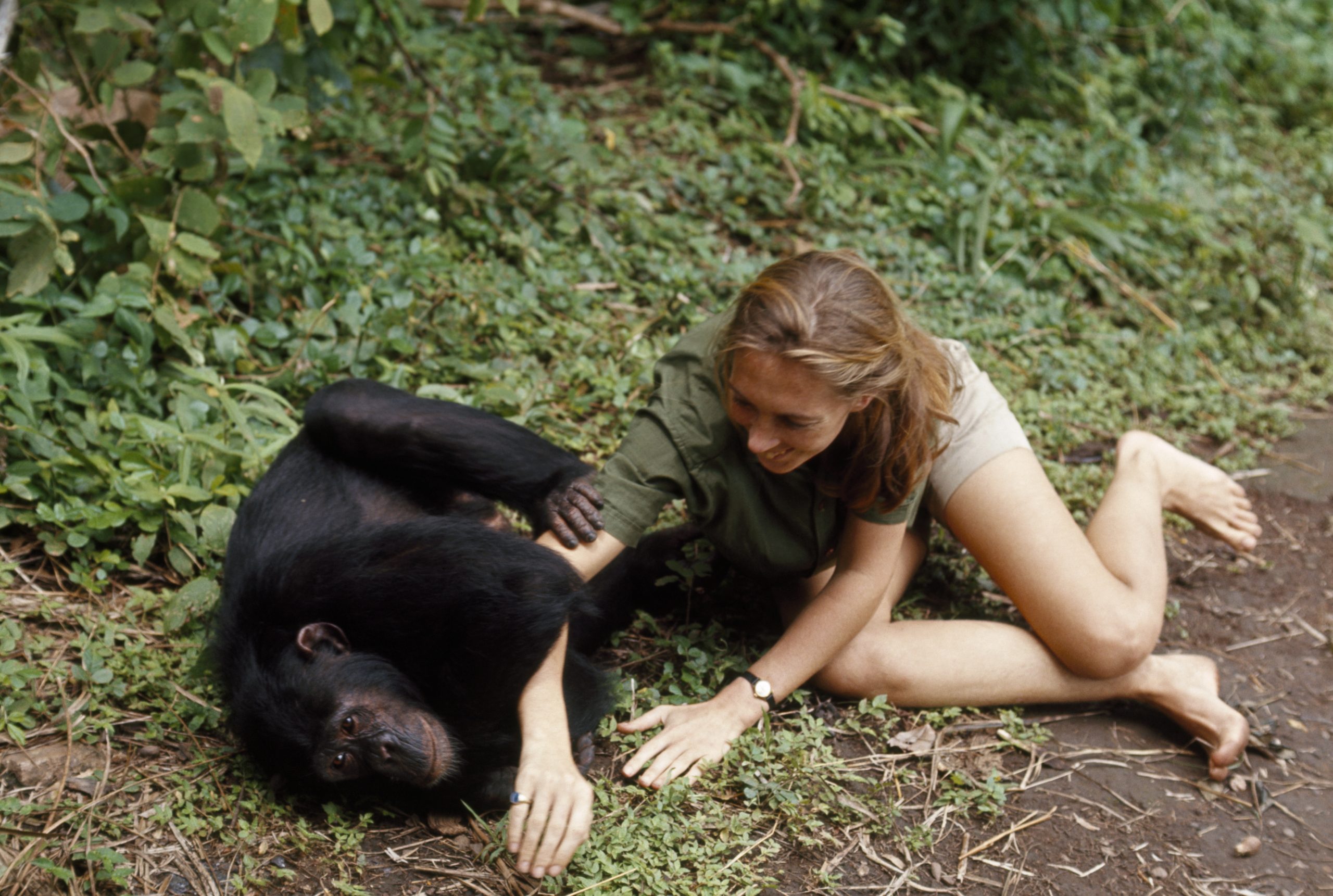
The Moment That Changed Science — and How We See Ourselves
In 1960, deep in the forests of Gombe, Tanzania, a young woman named Jane Goodall made a discovery that would forever change the course of science and our understanding of the animal kingdom.
While quietly observing a chimpanzee named David Greybeard, Jane witnessed something extraordinary: David used a stick to catch termites — a behavior previously thought to be exclusive to humans. This moment was groundbreaking. Until that time, it was widely believed that only humans could make and use tools. But here, in the wild, a chimpanzee defied that notion, proving that the line between humans and animals was far more blurred than anyone had realized. 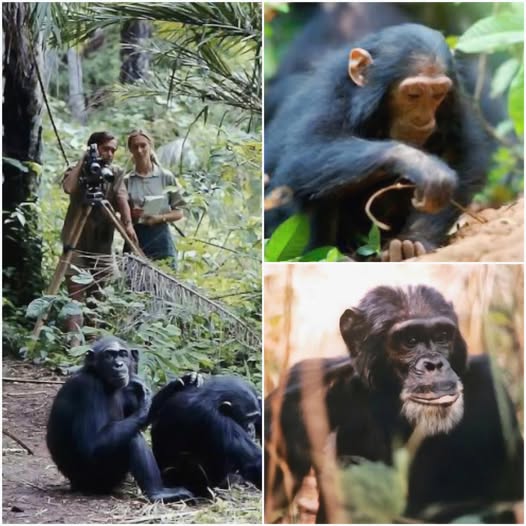
Jane’s discovery didn’t just change our understanding of chimpanzees. It changed the way we view intelligence, culture, and compassion in all living beings. As a result of her remarkable work, Jane became the first person ever allowed by Cambridge University to pursue a PhD without a bachelor’s degree. In 1965, she successfully defended her groundbreaking thesis, “Behavior of Free-Ranging Chimpanzees,” cementing her place in history as a pioneering scientist.

Her story didn’t just change science — it changed the way humanity understands intelligence, life, and compassion.
Jane’s work was more than just an academic breakthrough; it challenged us to reconsider our connection to the natural world and the creatures we share it with. She showed us that animals, like humans, have the ability to learn, create, and experience the world in ways we had never imagined.
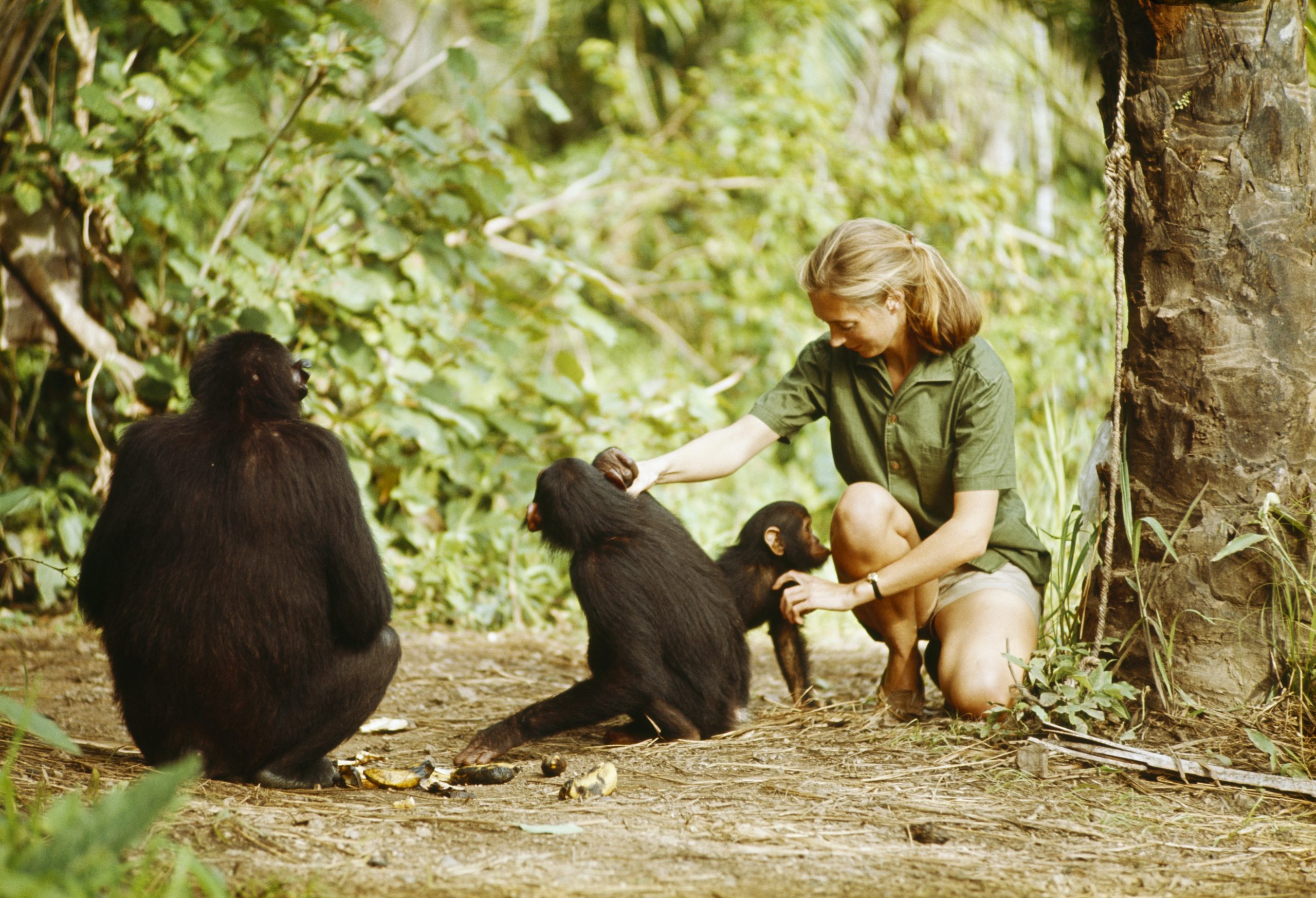
Her legacy lives on, reminding us that true understanding requires not only intellect but compassion and an open heart. The moment Jane witnessed David Greybeard with his termite stick wasn’t just a discovery — it was the beginning of a new way of seeing the world.
